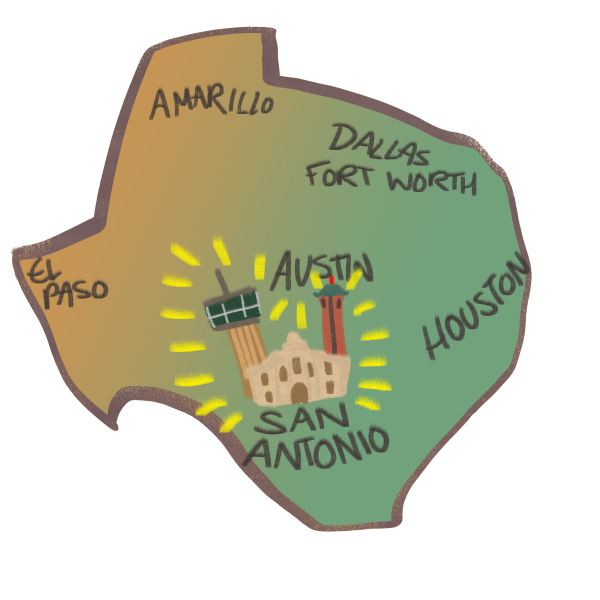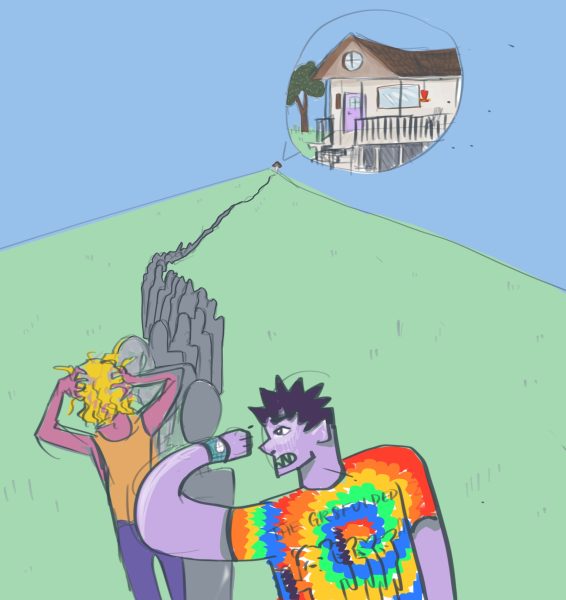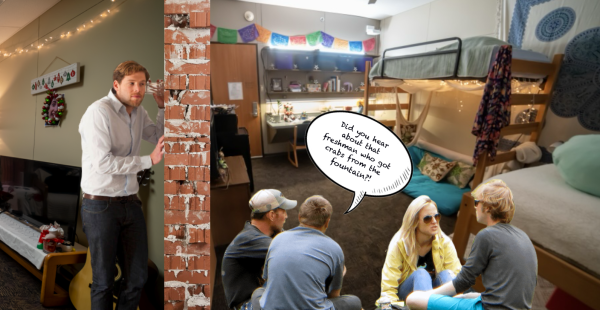Dreams Talk: Should We Share Them?
I had a friend who tried hard to remember more of his dreams. He would write them down and then tell people about them. He stopped, though, because it started interfering with his social life. Because he would start talking about his dreams, and people would leave the room.
Why do we feel the urge to talk about our dreams? A suggested ramification of threat-simulation theory relates to the idea that “two heads are better than one,” a discussion of dreams might be adaptive if they help us mentally prepare for threats. We like to talk about dreams to help us prepare for how to act in dangerous situations in the future. Even though I want to think that my dreams are really weird, in truth, about 80 percent of human dreams depict ordinary situations. We are just more likely to remember and talk about the strange ones. Information we do not understand can often rouse our curiosity, particularly in the presence of strong emotion. Just like someone having a psychotic experience, the emotional pull of dreams makes even the strangest incongruities seem meaningful and worthy of discussion and interpretation.
Recently, because of the ongoing pandemic that has been fueling more anxiety dreams, people are using dreams and sleep as a coping mechanism in their waking situation as well as to simply reflect realities and concerns. In this time of heightened alert and changing social norms, our brains have much more to process during sleep and dreaming. More stressful dream content is to be expected if we feel anxious or stressed in relation to the pandemic, or our work or family situations. In a society that still sees dreams as frivolous, airing them aloud is considered pointless at best, self-indulgent at worst. However, people worry that in sharing their dreams, they could inadvertently reveal some shameful neurosis or deviant desire. One of Freud’s most enduring — yet least supported — theories is that most dreams express unconscious erotic wishes.
But maybe Westerners are just out of practice; maybe they don’t know how to communicate their dreams. The reluctance to talk about dreaming is a culturally specific phenomenon. There may even be an evolutionary reason why we feel so compelled to share our dreams. As our ancestors intuited, talking about dreams — whether casually recounting them to friends, analyzing them in structured groups, or even sharing them with strangers on the internet — can amplify their benefits. The more we integrate our dreams into our days, the more easily we remember them. And the act of discussing dreams can bring people together; just as dreams open up conversations on sensitive or embarrassing issues in a therapeutic setting, they can also facilitate intimate conversations among friends.
Should I share my dreams with others? While most are going to say “no,” I will reply that telling and sharing our dreams with anyone is good, but only if you are referring to an actual dream you had in bed. I used to be a dream activist as a little kid and woke up each morning trying hard to remember my dreams that I just knew were “good” but without any supporting details. Some dreamers, like me, enjoy mapping out dreams with pictures as an alternative to writing a narrative of the dream. A dream map is essentially a series of sketches of dream scenes using crayons or colorful markers on one or several large pieces of paper or poster board. You can fill in with as little or as much detail as you like.
Now, I don’t write them down as I used to. I just enjoy it while it lasts.

I am a native of Hanoi, Vietnam, and spent part of my childhood in Bangladesh and Cambodia. I am a senior majoring in Piano Performance and Communication,...










